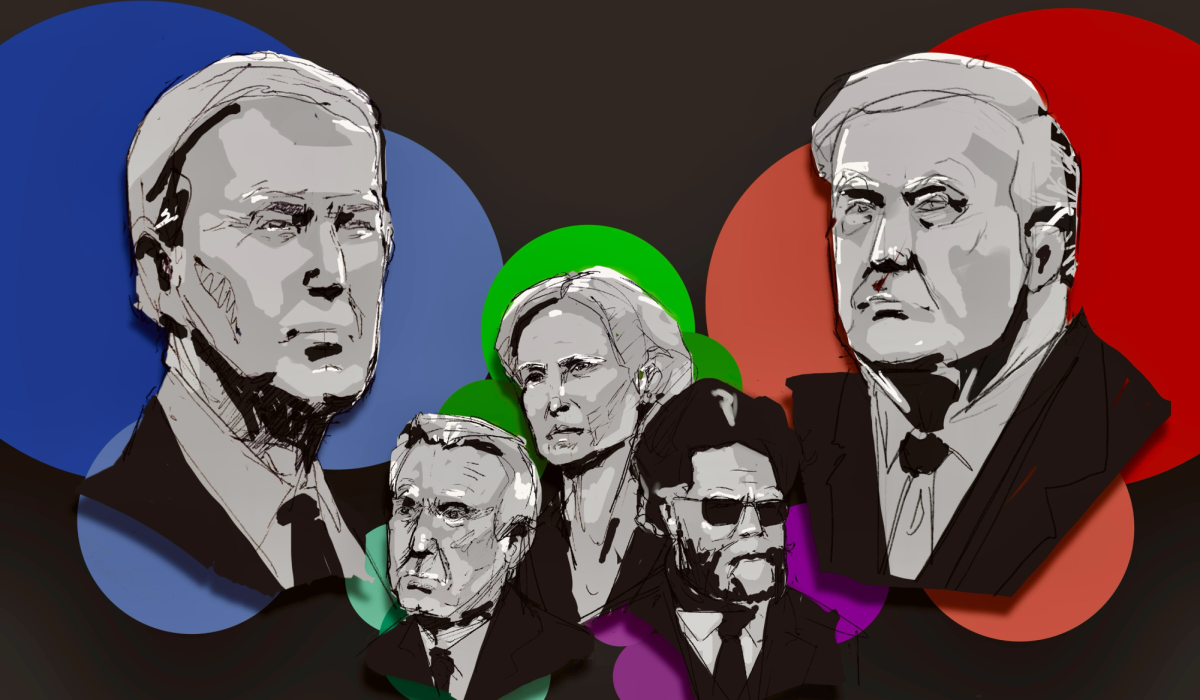UCSD researchers from the political science department released a study showing that strict voter-identification laws reduce minority voter turnout in both primary and general elections.The study appeared online Jan. 26.
“Voter Identification Laws and the Suppression of Minority Votes,” the study conducted by UCSD Political Science Professor Zoltan Hajnal alongside political science graduate students Nazita Lajevardi and Lindsey Nielson, compares the rate at which minorities voted before and after the implementation of photo-identification requirements.
Lajevardi explained to the UCSD Guardian that the research demonstrates the negative effect of identification laws on minorities.
“It shows us that minorities in states where there are these really restrictive voter ID laws are not voting and participating in democracy as much as their white counterparts, all else equal,” Lajevardi said.
Hajnal pointed out that the study used current election data, creating a more accurate picture of the effect of voter-identification laws on minorities.
“Strict voter ID laws have only been put in place in the last few rounds of elections, so if you want to assess the impact of the strictest forms of these laws, you have to look at the most recent elections,” Hajnal told the Guardian. “Scholars just haven’t been able to do that until now.”
The study, comparing the voter turnout of minority groups in states with strict identification laws to those without, reveals that in general elections, Latino turnout in states that required photo identification was 10.3 points lower, and multiracial turnout was 12.8 points lower. Similar reductions were also seen in primaries, with Latino and black turnouts 6.3 and 1.6 points lower, respectively.
Lajevardi stated that the frequently changing laws are detrimental to minorities because they are difficult to follow.
“[ID laws] are confusing; they come and go,” Lajevardi said. “Minorities who are not really aware of political changes as much don’t really know how it works, so when they show up on voting day, they haven’t done the right things [in order to be eligible to vote].”
In addition to confusing voters, Lajevardi added that the laws can also be financially burdensome, requiring those without photo IDs to purchase them. Not only do minorities in particular have a harder time affording identification documents, but according to outside research cited by the study, they are also less likely to own forms of identification to begin with.
According to Lajevardi, decline in minority turnout has important consequences for the demographics of the voting population.
“If we think about the fact that minorities are increasing in population size, and they’re going to be able to be the majority voting population soon enough, then there are all these laws that disenfranchise them and prohibit them from participating,” Lajevardi explained. “These are institutional measures to sort of stop or slow the minorities overtaking the democratic process.”
Associate Vice President of Equity, Diversity and Inclusion Daniel Juarez told the Guardian that he was not surprised by the study’s conclusion, noting that minorities can be marginalized for the benefit of others.
“I think this is a reminder of the greater fabric of our nation that does not aim to protect or include black or brown people, but rather to exploit and capitalize off of our oppression and exclusion,” Juarez said.
Hajnal pointed out that most UCSD students are not subjected to voter-identification laws, as California is one of the 19 states without them. Despite this, Student Organized Voter Access Committee Executive Director Codi Vierra notes that many university students still do not vote, allowing politicians to ignore the needs of college students.
“When we don’t vote, that signals to politicians that we don’t care,” Vierra told the Guardian. “If we vote, then politicians will be forced to address the issues that concern us the most.”
Given that the study provides proof of the negative consequences of voter-identification laws, Hajnal is hopeful that the research will affect the national conversation on voter identification legislation.
“This study is really one of the first to show an impact,” Hajnal said. “With that new evidence, it becomes more and more difficult to see these laws as constitutional and perhaps more likely that the courts will overturn them.”
Although this study is a start, Lajevardi feels there is still more to be done about disenfranchisement.
“I think that this is only the beginning,” Lajevardi explained. “It’s really important to think about all the different ways in which there are institutional biases. I don’t think the work is ended here.”








